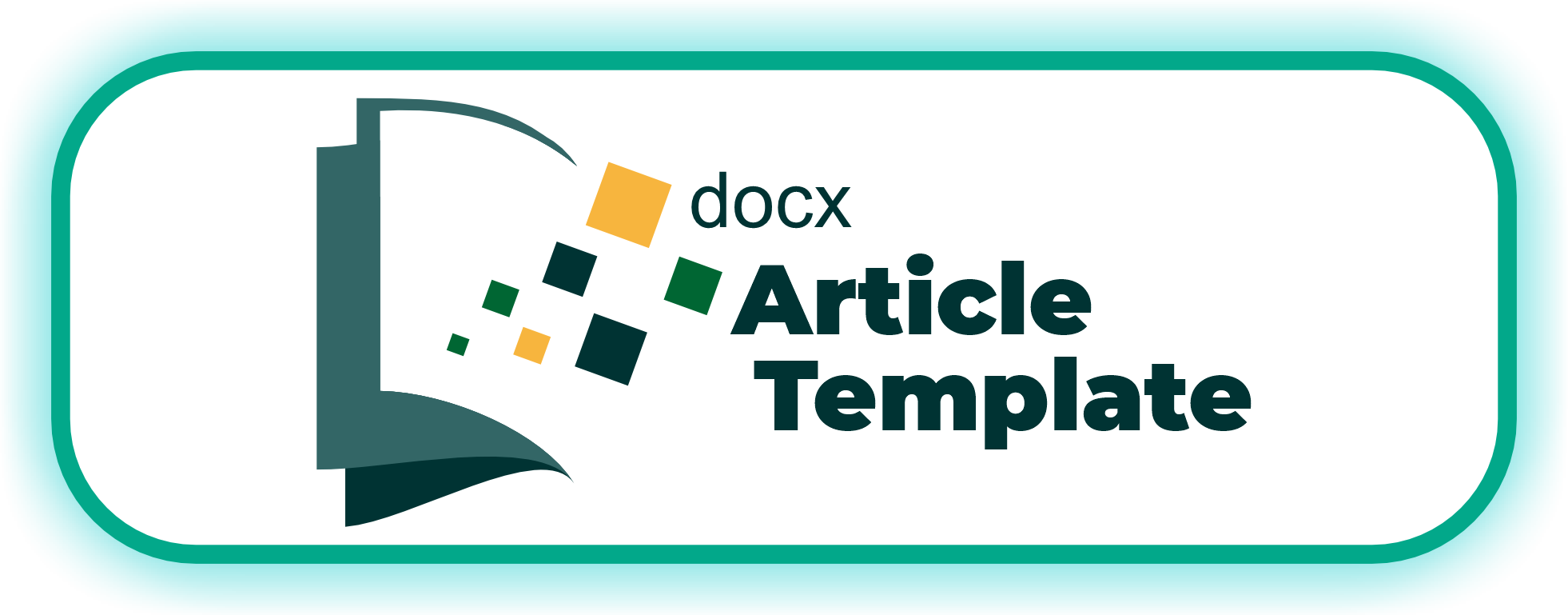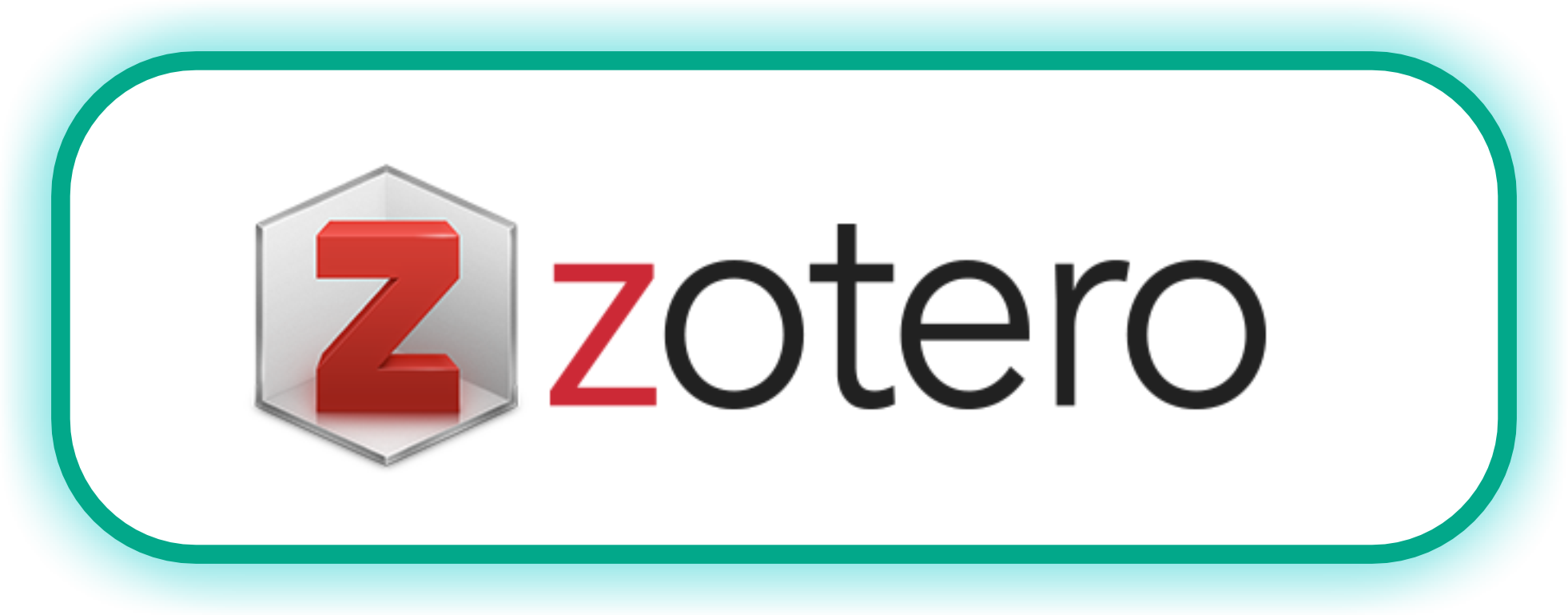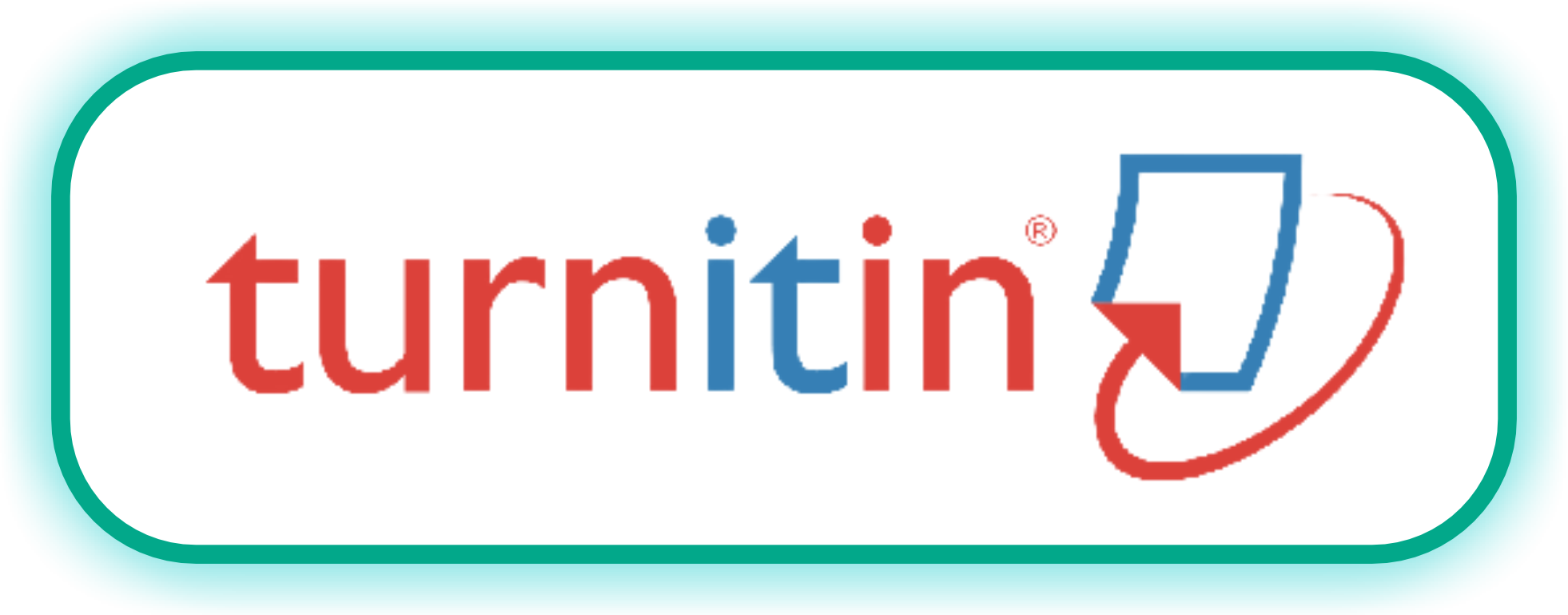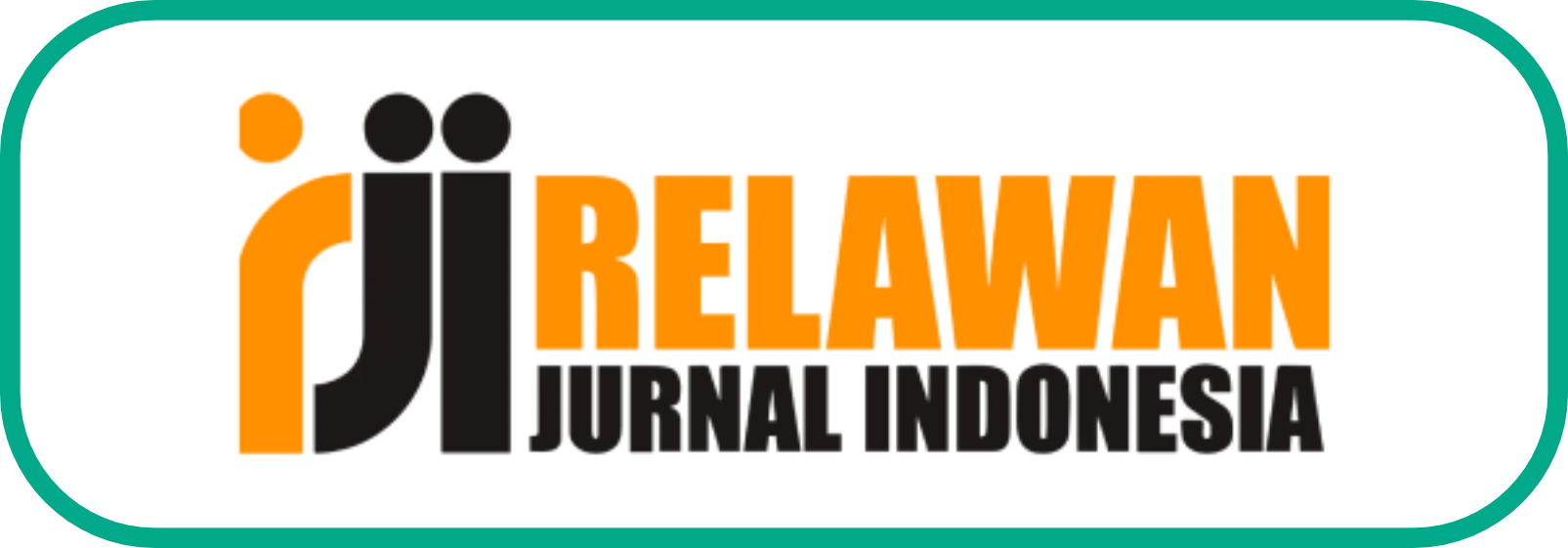Dampak Korupsi dan Pandemi Covid 19 Terhadap The End Tuberculosis Strategy WHO di ASEAN: Studi Ekologi
Sari
ABSTRAK: Wilayah asia tenggara merupakan penyumbang terbesar kasus tuberkulosis. The End Tb Strategy menetapkan target penurunan 20% insiden tuberkulosis tahun 2020 dibandingkan 2015. Penelitian ini bertujuan untuk mengetahui Insiden Tuberkulosis di negara ASEAN selama penerapan The End Tb Strategy dan mengetahui apakah korupsi dan pandemi covid 19 berdampak pada penurunan insiden rate tuberkulosis. Penelitian ini menggunakan Desain studi ekologi dengan data sekunder yang dapat di akses publik. Data insiden rate bersumber dari laporan WHO tahun 2022 dan data indeks persepsi korupsi dari transparansi internasional. Analisis deskriptif dan Regresi Poisson dengan data panel digunakan untuk mengetahui dampak korupsi dan pandemi covid 19 pada insiden tuberkulosis. Terjadi penurunan insiden rate tuberculosis dari awal pelaksanaan the end tb strategy WHO tahun 2015 sampai 2020, tapi terjadi pembalikan arah tren tahun 2021. Faktor yang signifikan meningkatkan insiden tuberculosis yaitu korupsi dan tahun kedua pandemi covid 19. Target penurunan insiden tuberculosis sesuai target The End Tb Strategy gagal tercapai. Gagalnya pencapaian target penurunan insiden tuberkulosi adalah akibat dari dampak tingginya tingkat korupsi disebagian besar negara ASEAN dan pandemi covid 19.
Kata Kunci: insiden tuberkulosis,indeks persepsi korupsi, data panel, regresi poisson
Teks Lengkap:
PDFReferensi
Achim, M. V., Văidean, V. L., & Borlea, S. N. (2020). Corruption and health outcomes within an economic and cultural framework. European Journal of Health Economics, 21(2), 195–207. https://doi.org/10.1007/s10198-019-01120-8
Adenomon, M. O., & Akinyemi, G. S. (2020, March 1). Statistical Analysis of Tuberculosis and HIV Cases in West Africa Using Panel Poisson and Negative Binomial Regression Models. 2020 International Conference in Mathematics, Computer Engineering and Computer Science, ICMCECS 2020. https://doi.org/10.1109/ICMCECS47690.2020.240843
Azfar, O., & Gurgur, T. (2008). Does corruption affect health outcomes in the Philippines? Economics of Governance, 9(3), 197–244. https://doi.org/10.1007/s10101-006-0031-y
Bernal, J. L., Cummins, S., & Gasparrini, A. (2017). Interrupted time series regression for the evaluation of public health interventions: A tutorial. International Journal of Epidemiology, 46(1), 348–355. https://doi.org/10.1093/ije/dyw098
Cameron, A. C., & Trivedi, P. K. (2015). Count Panel Data. In The Oxford Handbook of Panel Data (pp. 233–256). Oxford University Press. https://doi.org/10.1093/oxfordhb/9780199940042.013.0008
Comella-del-Barrio, P., De Souza-Galvão, M. L., Prat-Aymerich, C., & Domínguez, J. (2021). Impact of COVID-19 on Tuberculosis Control. In Archivos de Bronconeumologia (Vol. 57, pp. 5–6). Elsevier Doyma. https://doi.org/10.1016/j.arbres.2020.11.016
Cuadrado, D. C. (2022). Corruption during Covid-19 Trends, drivers, and lessons learned for reducing corruption in health emergencies. https://www.shutterstock.com/image-photo/
Fávero, L. P., & Belfiore, P. (2019). Regression Models for Count Data: Poisson and Negative Binomial. In Data Science for Business and Decision Making (pp. 617–703). Elsevier. https://doi.org/10.1016/b978-0-12-811216-8.00015-x
Gerszon Mahler, D., Yonzan, N., & Lakner, C. (2022). The Impact of COVID-19 on Global Inequality and Poverty. http://www.worldbank.org/prwp.
Golden, S. D., & Earp, J. A. L. (2012). Social Ecological Approaches to Individuals and Their Contexts: Twenty Years of Health Education & Behavior Health Promotion Interventions. Health Education & Behavior, 39(3), 364–372. https://doi.org/10.1177/1090198111418634
Gunasekara, F. I., Richardson, K., Carter, K., & Blakely, T. (2014). Fixed effects analysis of repeated measures data. International Journal of Epidemiology, 43(1), 264–269. https://doi.org/10.1093/ije/dyt221
Hanf, M., Van-Melle, A., Fraisse, F., Roger, A., Carme, B., & Nacher, M. (2011). Corruption kills: Estimating the global impact of corruption on children deaths. PLoS ONE, 6(11). https://doi.org/10.1371/journal.pone.0026990
Hossain, M. M., Rahaman, M. M., & Rahman, M. J. (2023). Covid-19 corruption in the public health sector—emerging evidence from Bangladesh. Health Policy and Planning. https://doi.org/10.1093/heapol/czad036
Hsiao, C. (2022). Analysis of Panel Data. Cambridge University Press. https://doi.org/10.1017/9781009057745
Hussmann, K. (2020). Health sector corruption Practical recommendations for donors. In U4 Issue. https://www.flickr.com/photos/simusa/26840738230/
Khan, A. R., Abedin, S., Rahman, Md. M., & Khan, S. (2022). Effects of corruption and income inequality on the reported number of COVID-19 cases and deaths: Evidence from a time series cross-sectional data analysis. PLOS Global Public Health, 2(11), e0001157. https://doi.org/10.1371/journal.pgph.0001157
Martinez, L. (2005). ADDRESSING POVERTY IN TB CONTROL OPTIONS FOR NATIONAL TB CONTROLPROGRAMMES.https://apps.who.int/iris/bitstream/handle/10665/43256/WHO_HTM_TB_2005.352.pdf?sequence=1
Morgenstern, H. (1995). ECOLOGIC STUDIES IN EPIDEMIOLOGY: Concepts, Principles, and Methods. In Annu. Rev. Public Health (Vol. 16). www.annualreviews.org
Ozdemir, S., Oztomurcuk, D., & Oruc, M. A. (2022). Impact of the COVID-19 pandemic on tuberculosis patients and tuberculosis control programs in Turkey, review and analysis. Archives of Public Health, 80(1). https://doi.org/10.1186/s13690-022-01007-w
Sanjeev, G., Hamid, D., & Rosa, A. (1998). Corupption and Proverty. https://doi.org/https://doi.org/10.5089/9781451849844.001
Schoeberlin, J. (2020). Transparency International Anti-Corruption Helpdesk Answer Corruption in ASEAN Regional trends from the 2020 Global Corruption Barometer and country spotlights.
The ASEAN Secretariat. (2022, March 24). World Tuberculosis Day 2022. ASEAN Secretariat News. https://asean.org/tag/world-tuberculosis-day-2022/
the Stop TB Partnership. (2023). THE GLOBAL PLAN TO END TB. https://www.stoptb.org/global-plan-to-end-tb/global-plan-to-end-tb-2023-2030
Transparency International. (2022). CORRUPTION PERCEPTIONS INDEX 2021. www.transparency.org/cpi
United Nations. (2022). The Sustainable Development Goals Report. http://www.un.org/publications
Witvliet, M. I., Kunst, A. E., Arah, O. A., & Stronks, K. (2013). Sick regimes and sick people: A multilevel investigation of the population health consequences of perceived national corruption. Tropical Medicine and International Health, 18(10), 1240–1247. https://doi.org/10.1111/tmi.12177
World Health Organization. (2015). End tb Strategi Inplementasi. In WHO Press, World Health Organization. the World Health Organization. www.who.int
World Health Organization. (2021). GLOBAL TUBERCULOSIS REPORT 2021. In GLOBAL TUBERCULOSIS REPORT 2021 (Vol. 1). http://apps.who.int/bookorders.
World Health Organization. (2022). Global Tuberculosis Report 2022. http://apps.who.int/bookorders.
Wu, J., & Dalal, K. (2012). Tuberculosis in Asia and the Pacific: The Role of Socioeconomic Status and Health System Development. In International Journal of Preventive Medicine (Vol. 3, Issue 1).
DOI: https://doi.org/10.31869/mi.v17i2.4756
Article Metrics
Sari view : 355 timesPDF - 51 times
Refbacks
- Saat ini tidak ada refbacks.
##submission.copyrightStatement##
INDEXED BY :
Lembaga Penelitian & Pengabdian Masyarakat (LPPM). Universitas Muhammadiyah Sumatera Barat
Jl. Pasir Kandang No.4, Pasie Nan Tigo, Kec. Koto Tangah, Kota Padang, Sumatera Barat 25586.
Email : lppmumsb@gmail.com
 This work is licensed under a Creative Commons Attribution-ShareAlike 4.0 International License.
This work is licensed under a Creative Commons Attribution-ShareAlike 4.0 International License.
















